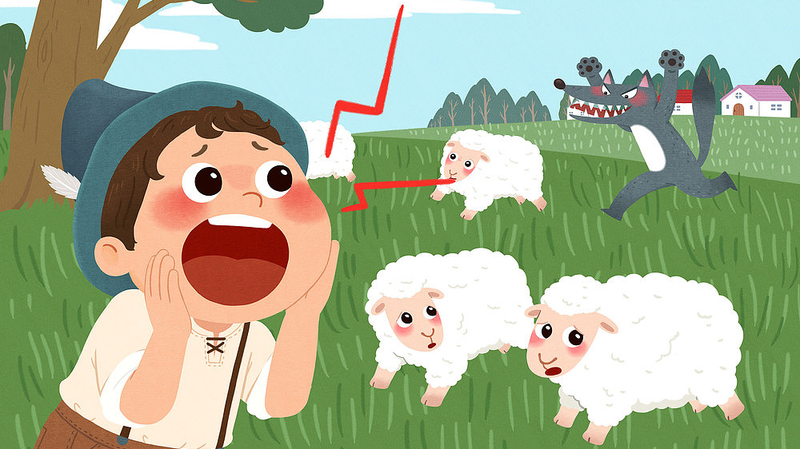When U.S. Customs and Border Protection briefly exempted electronics from new levies—only for the president to reverse course days later—tech firms and investors were whiplashed. A recent White House fact sheet shows some exports from the Chinese mainland now face tariffs as high as 245 percent, igniting global market jitters.
This erratic pattern echoes Aesop’s “The Boy Who Cried Wolf”: repeated alarms that erode public trust. President Trump’s on‑again, off‑again trade threats follow this same script—bold headlines, lofty promises and few tangible gains.
Weakening Checks and Balances
America’s democracy was built on separated powers, legislative oversight and a free press. But with unified Republican control in Congress and a willingness to bypass institutional guardrails, political loyalty often overrules accountability. In this climate, crying wolf is no longer a gaffe but a calculated tactic.
Spotting the Real Threat
Despite claims that trade wars would “pay down debt” and boost growth, farmers and manufacturers have borne the brunt of retaliatory measures—and economists warn of long‑term fallout. Meanwhile, deep domestic fractures—widening inequality, aging infrastructure, underfunded schools, costly healthcare and rising monopolies—remain unresolved. No tariff alone can fix these structural challenges.
When the True Wolf Arrives
After years of false alarms, public fatigue and polarization are rising. When a genuine crisis—be it economic upheaval, geopolitical shock or constitutional strain—strikes, will institutions and citizens be prepared? The real danger isn’t abroad. It’s a democracy so stretched that it may not recognize an actual emergency.
As analyst Yang Yan warns, the gravest risk isn’t another tariff spike but the loss of collective vigilance. When the real wolf finally appears, an unready public may be the greatest casualty.
Reference(s):
Trump's tariff theatrics distract from the real threat at home
cgtn.com




